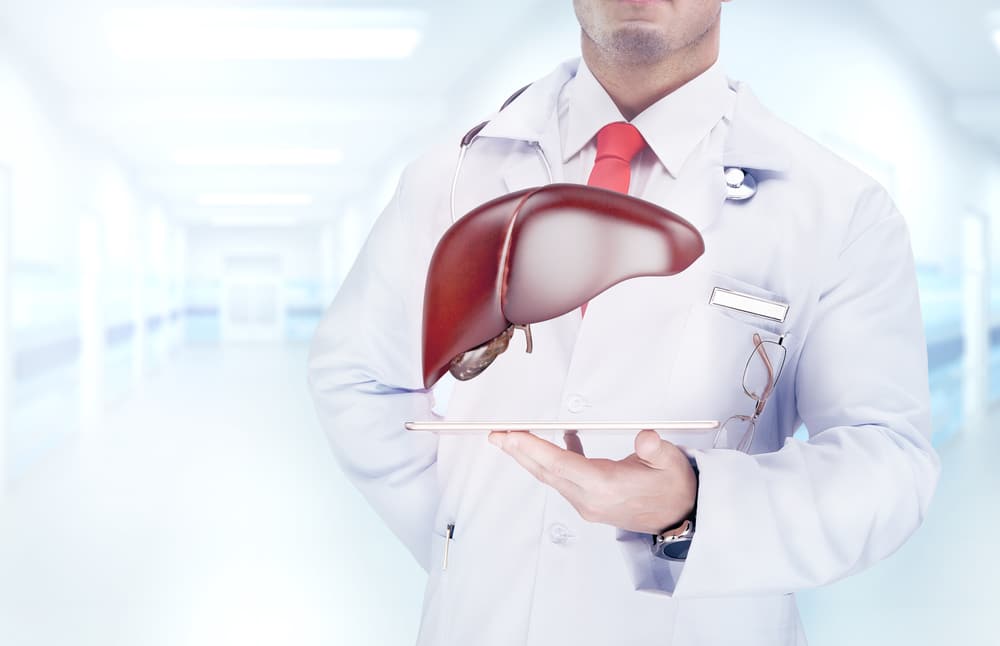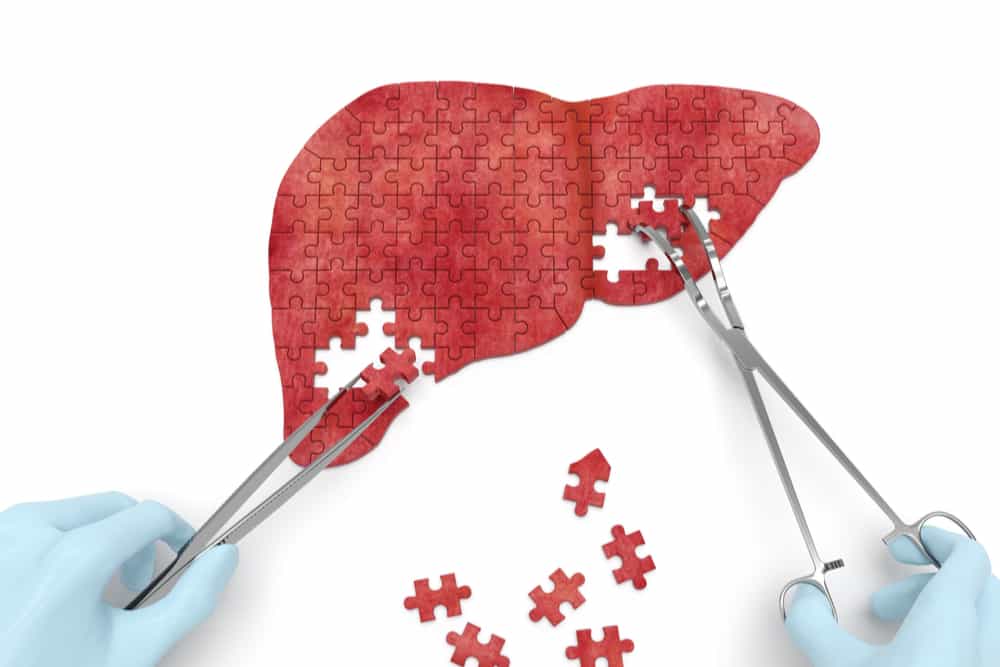Contents:
- Medical Video: 17 Jaw-Dropping Facts You Didn't Know About the Human Body
- Interesting facts about the human liver
- 1. The liver is the second largest organ
- 2. Main body multitasker
- 3. The heart can grow again
- Diseases that can affect liver function
- A simple way to maintain the health of your liver
Medical Video: 17 Jaw-Dropping Facts You Didn't Know About the Human Body
Among you, maybe someone already knows if the human liver or liver is one of the largest organs in the body. However, do you know if the heart is a key player in your body's digestive system? Because it turns out, every food, drink, medicine, or whatever you consume will pass through the liver. So you need to maintain a healthy heart so that it can still function optimally.
Interesting facts about the human liver
Before discussing how to maintain liver health, here are some things you need to know about the liver.
1. The liver is the second largest organ
The liver organ is shaped like a soccer ball, weighing approximately 3 kilograms. Big, isn't it? This makes the liver the second largest human organ after the skin. The heart is located on the right side of the body, just below your rib cage.
2. Main body multitasker
The heart has so many tasks in the body. In fact, every food or drink you consume will pass through the liver to produce substances needed by the body. The liver converts protein, fat, and carbohydrates into energy or substances that the body can store, then sends the rest to bile.
The liver or liver also plays a role in monitoring blood sugar and sending food into the blood when your blood sugar levels are low. In addition, the liver also plays a major role in producing proteins that are important for blood clotting, and getting rid of old and damaged cells in the body.
Because of the many roles of the liver for the body, this vital organ is asked asmultitaskeror organs that are capable of carrying out many functions at once.
3. The heart can grow again
The unique thing about the liver is its ability to regrow or regenerate when a part of the liver is damaged.
In fact, even if you lose a third or two-thirds of your liver, the remaining part will grow to replace the missing part in six to eight weeks. This is what makes a living donor liver transplant possible if there is a genetic match.
Diseases that can affect liver function
Hepatitis A, B, and C are diseases that can affect the liver in different ways and symptoms.
- Hepatitis A is a virus that can be transmitted through food, feces, and water.
- Hepatitis B is a virus that can be transmitted through blood, body fluids, and sexual relations. However, the most common transmission is from the mother to her baby at birth. There is already a vaccine to prevent hepatitis B.
- Hepatitis C is a virus that can be transmitted through blood and body fluids.
A simple way to maintain the health of your liver
- Avoid excessive alcohol consumption. Excessive alcohol consumption can damage liver cells and cause swelling or scar tissue that causes cirrhosis of the liver.
- Pay attention to the medications you consume, because some cholesterol drugs sometimes have side effects that cause problems in the liver. Pain relief Acetaminophen (Tylenol) can hurt your heart if you drink too much. You need to talk to your doctor or pharmacist to find out how to consume safe drugs.
- To prevent hepatitis B, you need to get the hepatitis B vaccine.
- Do not lend personal items, such as toothbrushes, razors, and others. This is done to reduce the risk of hepatitis virus transmission through blood and body fluids that can harm your heart.













